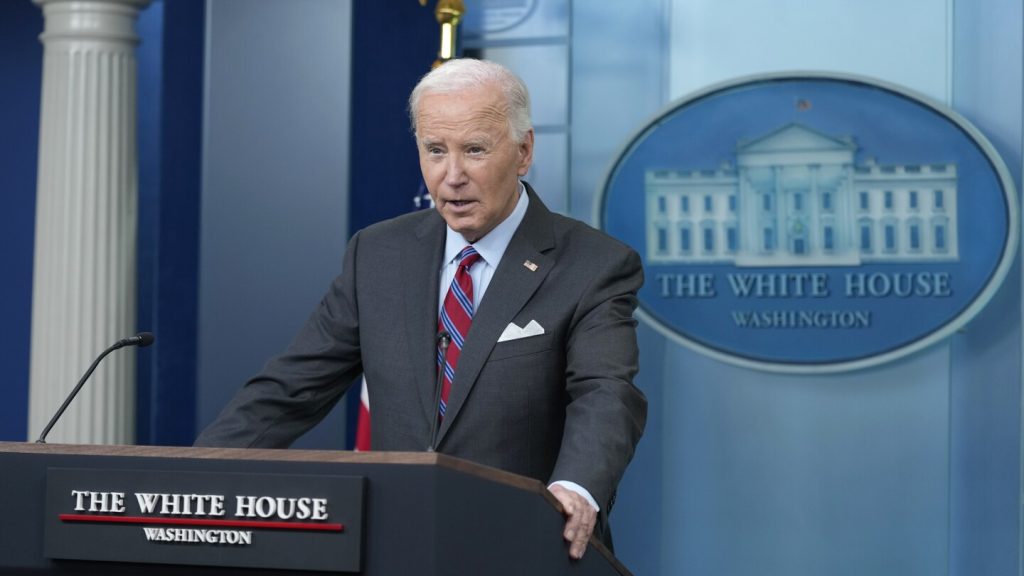President Joe Biden made strong comments towards Prime Minister Benjamin Netanyahu on Friday, implying that the Israeli leader may be holding up a Mideast peace deal to influence the outcome of the 2024 U.S. presidential election. Biden emphasized that no administration has helped Israel more than his, and he expressed uncertainty over Netanyahu’s intentions. The two leaders, with a history of a complicated relationship, are facing diverging views on the Gaza war and uncertainties in their political future. Biden, seeking a diplomatic deal to unite Democrats over the conflict, is facing pressure to resolve the situation. On the other hand, Netanyahu is facing political instability at home and has little incentive to end the war while targeting Hezbollah’s leadership.
Over the past few months, Biden has been pushing for a diplomatic agreement, but public resistance from Netanyahu has caused delays in reaching a deal. Despite calls for an immediate cease-fire from the U.S., France, and other allies, Netanyahu rejected the plan and vowed to continue degrading Hezbollah until all objectives are met. Israel’s actions in the region, including pursuing strikes in Gaza and killing top Hezbollah leaders, have heightened tensions with Iran, leading to concerns about a possible retaliation. The rise in oil prices due to these tensions could impact the upcoming U.S. election, affecting Vice President Kamala Harris and creating challenges for Biden’s administration.
Biden clarified that no decision had been made on how to respond to Iran’s actions but emphasized the need for caution to avoid escalating the situation in the Middle East. While Biden has supported Israel in its defense against attacks, he has also urged the country to be careful in dealing with civilian casualties. Despite their acquaintanceship, Biden and Netanyahu do not have a particularly close relationship, with Biden expressing concerns over an all-out war in the region. Biden has also ordered increased military presence to protect Israel from various threats posed by Hamas, Hezbollah, and Iran itself.
In contrast to Biden, former President Donald Trump enjoyed a much more cordial relationship with Netanyahu. Trump’s policy changes, including recognizing Jerusalem as Israel’s capital and moving the U.S. embassy there, were welcomed by Netanyahu. Their alliance brought about shifts in U.S. policy towards Israel, drawing criticism and opposition from other nations. The differing approaches of Biden and Trump towards Israel highlight the complexities of U.S.-Israeli relations and how they impact peace efforts in the Middle East. As tensions in the region continue to rise, the future of diplomatic negotiations between the U.S. and Israel remains uncertain.


